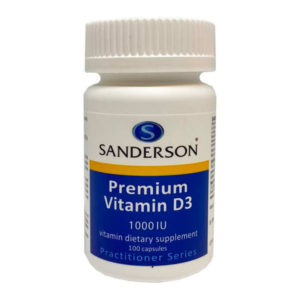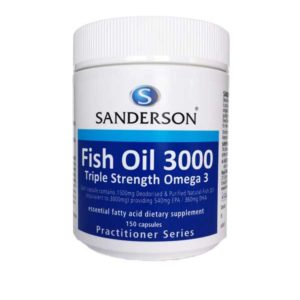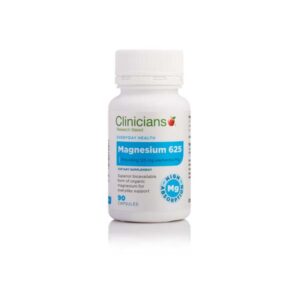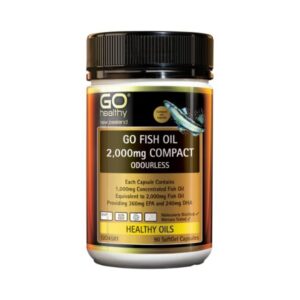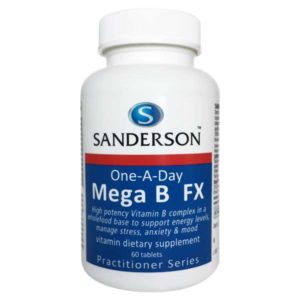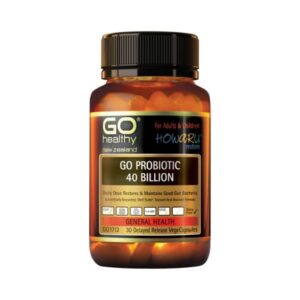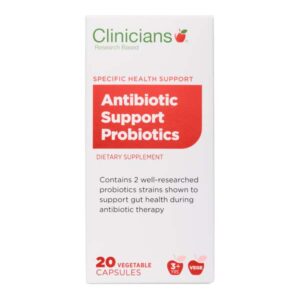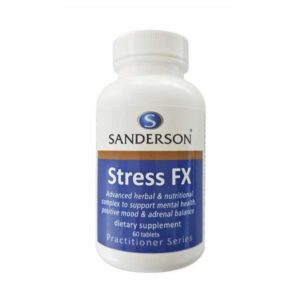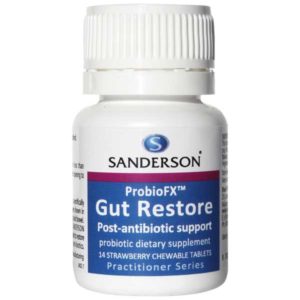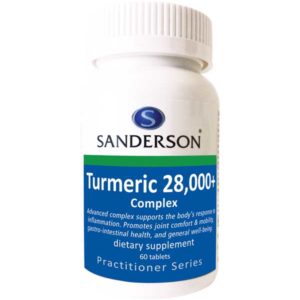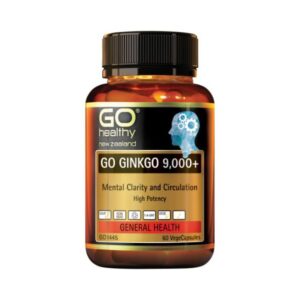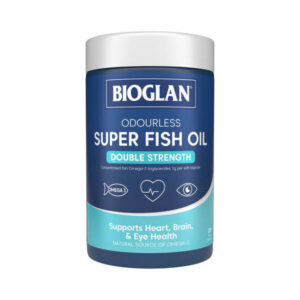Do you find yourself lacking motivation, struggling to concentrate, or remain alert throughout the day? This could be your body telling you your dopamine levels are not as they should be. Let’s have a look at if supplements can help boost your mood. In this article we will look at what dopamine is, the role it plays in the body, the signs of dopamine imbalances, and how we may be able to lift our dopamine levels using supplements and natural ingredients.
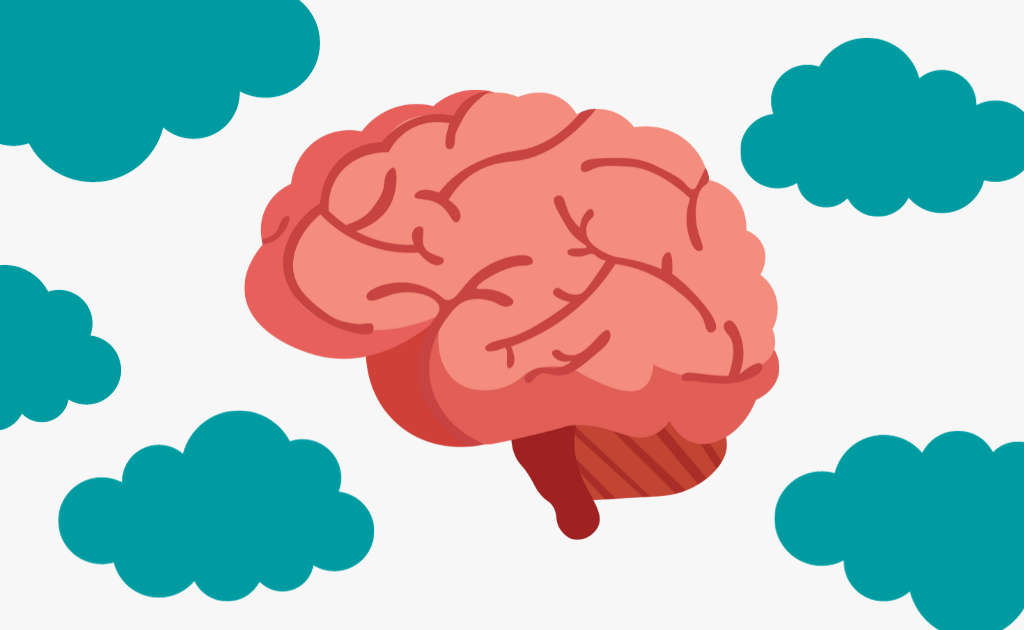
Dopamine is a chemical released in the brain. It is often referred to as the ‘feel-good’ neurotransmitter due to its common association with pleasure and reward. The reward system it plays a part in incentivises us to seek out behaviours that trigger dopamine releases. At an evolutionary level these behaviours are to eat, drink, and reproduce.
However, the role it plays is complex, as it’s vitally important to many of your body’s functions. Dopamine plays a fundamental role in various aspects of our lives many of which effect your mood, including:
The signs of low dopamine levels may include:
Dopamine deficiency or having low dopamine levels has been linked with certain health conditions including:
There is some evidence that certain supplements or foods may affect dopamine levels. Your body requires several vitamins and minerals to create dopamine, and supplementation may help your body produce it.
Probiotics: the gut produces many of the same neurotransmitters as the brain, including dopamine. Therefore, gut health may indirectly enhance your brain health too.1
Ginkgo Biloba: is used by people to improve brain function, mental clarity, and focus. Some studies have shown that it may increase dopamine levels.
Curcumin: the active ingredient in turmeric. Thought to have an antidepressant affect through modulating the release of serotonin and dopamine.2
Magnesium: it is possible that magnesium deficiency may cause decreased dopamine levels along with being associated with a higher risk of depression. Magnesium deficiency can be addressed with supplements.
Vitamin D: one of the many roles vitamin D plays in your body is that regulation of certain neurotransmitters like dopamine. Developmental vitamin D deficiency has also been linked to disorders related to abnormal dopamine levels.
Vitamin B6: plays a part in the synthesis of many neurotransmitters including dopamine, therefore deficiency in vitamin B6 may affect dopamine levels.
Fish Oil: there is evidence that fish oil supplements have positive effects on mental health when taken regularly. This includes an antidepressant effect. It is possible this benefit may be linked to fish oils influence on dopamine regulation.
L-theanine: is an amnio acid that can be found in green tea and has historically been thought of as having a relaxing effect. Some studies suggest that L-theanine increases brain serotonin, dopamine, and GABA levels.3
References:
1. Harvard Health Publishing, Probiotics may help boost mood and cognitive function
2. Kulkarni SK, Dhir A. An overview of curcumin in neurological disorders. Indian J Pharm Sci. 2010 Mar;72(2):149-54. doi: 10.4103/0250-474X.65012. PMID: 20838516; PMCID: PMC2929771.
3. Nathan PJ, Lu K, Gray M, Oliver C. The neuropharmacology of L-theanine(N-ethyl-L-glutamine): a possible neuroprotective and cognitive enhancing agent. J Herb Pharmacother. 2006;6(2):21-30. PMID: 17182482.
Dopamine plays a part in many bodily functions. If your levels are low, you may experience negative affects to your motivation, mood, cognitive function, and memory. Usually, your body regulates your dopamine levels on its own. But if you have deficiencies in the vitamins and minerals your body needs to create dopamine this may have negative consequences.
Adding supplements related to dopamine to your daily routine is an easy, low risk option worth considering. Supplements generally have no or very minimal side effects when used properly as per the instructions. Some supplements may interfere with certain medications so it’s important to always read the label or speak to a doctor or pharmacist if you have any concerns.
